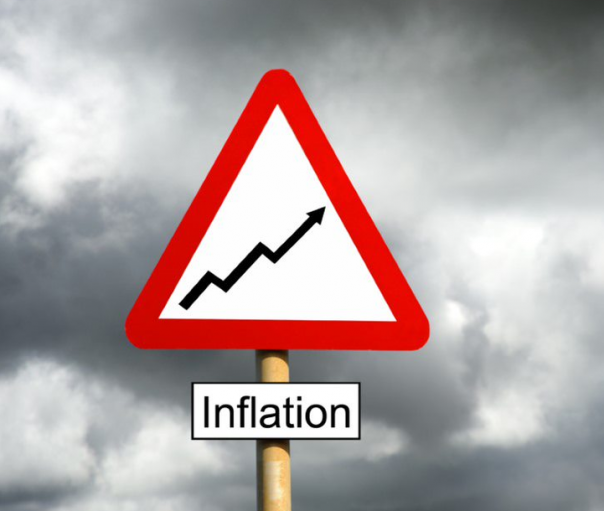
Food and non-alcoholic beverages inflation accelerated in March, with prices rising by 5.9% year on year, up from 5.1% in February. This is the highest inflation rate since September 2011. The highest price rises were recorded by margarine and other vegetable fats (34.8%), lamb and goat (16.9%), low fat milk (14.2%), pasta products and couscous (10.1%), butter (9.6%) and eggs (8.4%).
An ONS survey found that 63% of the food and drink businesses (including manufacturers, wholesalers and retailers) reported in March that energy prices had already had an impact on production and/or supply.
Karen Betts, chief executive of the FDF, commented: “Food price inflation is already at its highest level for over ten years and the disruption in global markets means prices are likely to continue to climb in the months to come, which is particularly concerning for low-income households.
“Food and drink manufacturers are doing all they can to absorb rises in their ingredient, raw material and energy costs. But businesses must also remain viable and the reality of current inflation means that some price increases are having to be passed on.
“We continue to call on the government to conduct a robust review of regulation and to act where that's adding to price rises in shops without a like benefit to shoppers. There are a number of areas where this would help, including on plastics packaging where the UK's recycling infrastructure is lagging behind and new laws mean the costs of this are being passed to consumers instead of prompting necessary government investment.”
In the FDF’s Food Prices Report published in July 2021, it was predicted that additional costs to industry from UK Government regulation will lead to an annual increase of food and drink shopping per household of £160. That increase will prove even higher at current inflation rates.